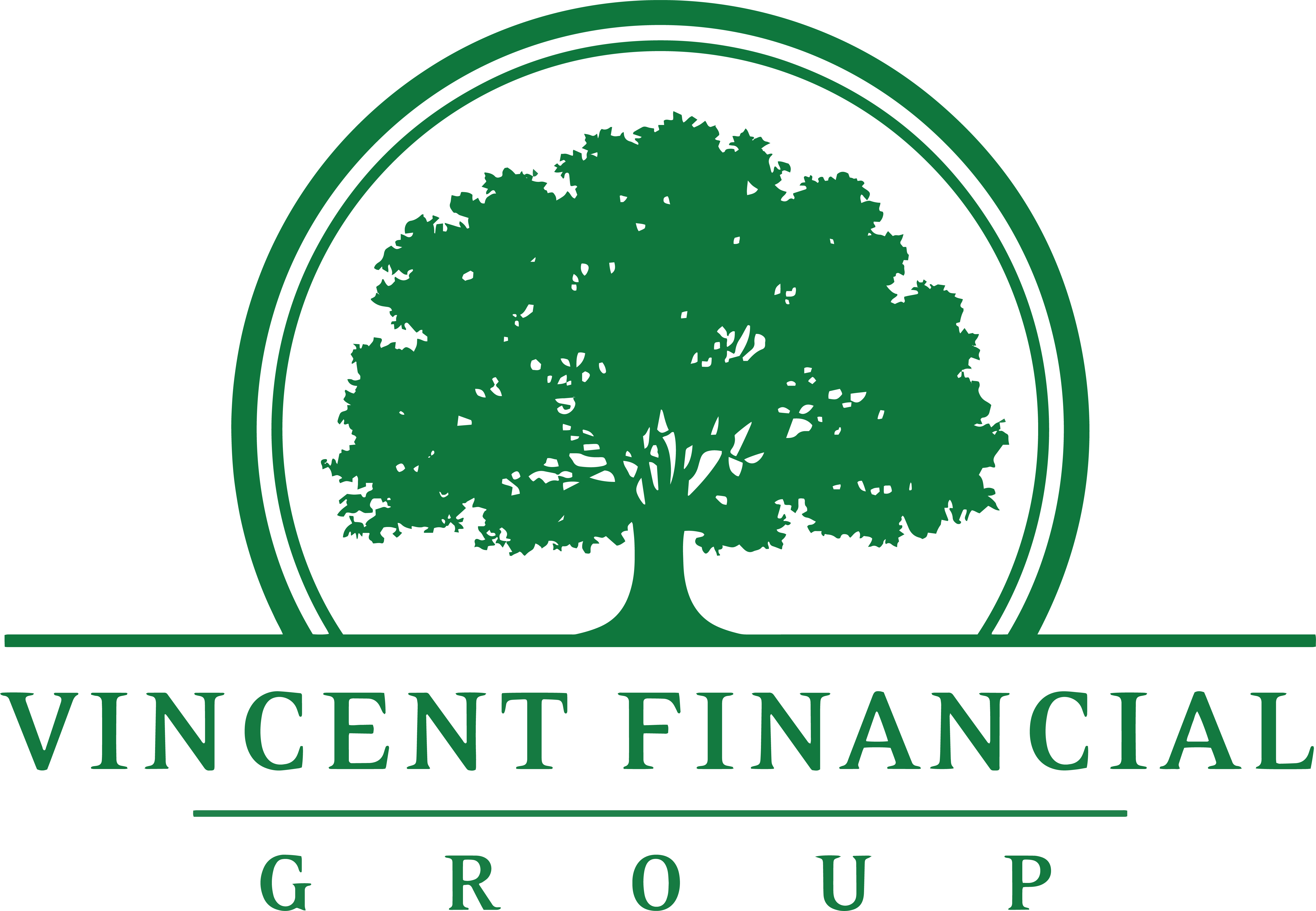I have three children, and my oldest recently got her driver’s permit. The roads are more dangerous than I realized…I am a worse driver than I realized! My middle child came home with a heartbreaking story of a child in her class dealing with a major “social” issue, and how terribly the situation was handled by the teacher. My youngest plays in a basketball league (I help coach his team), and at one of our games recently, the behavior of some of the parents in the stands was shocking. Their comments were embarrassing…and I don’t embarrass easily.
What’s my point?
These situations, along with the fact that I turned 40 this year and my wife and I will celebrate our 20th wedding anniversary next May, have really gotten me thinking about what’s important.
Our time here on Earth is short. Even if you live to be 100…it’s short.
At some point we must graduate from thinking solely about building our own lives and realize that we need to be giving our lives away. This can sound cliché, but it has become more clear to me than ever.
What does it really mean to “live well?” I’d argue that if we aren’t pouring into the next generation and helping shape their future for the better in some way, we’ll never find out.
I then started thinking about my business and the clients we serve. I came to an amazing realization: one of the common characteristics of the clients that I admire and really enjoy meeting with the most is that they have this figured out. They are pouring into the next generation…and their lives are so much richer for it!











Recent Comments